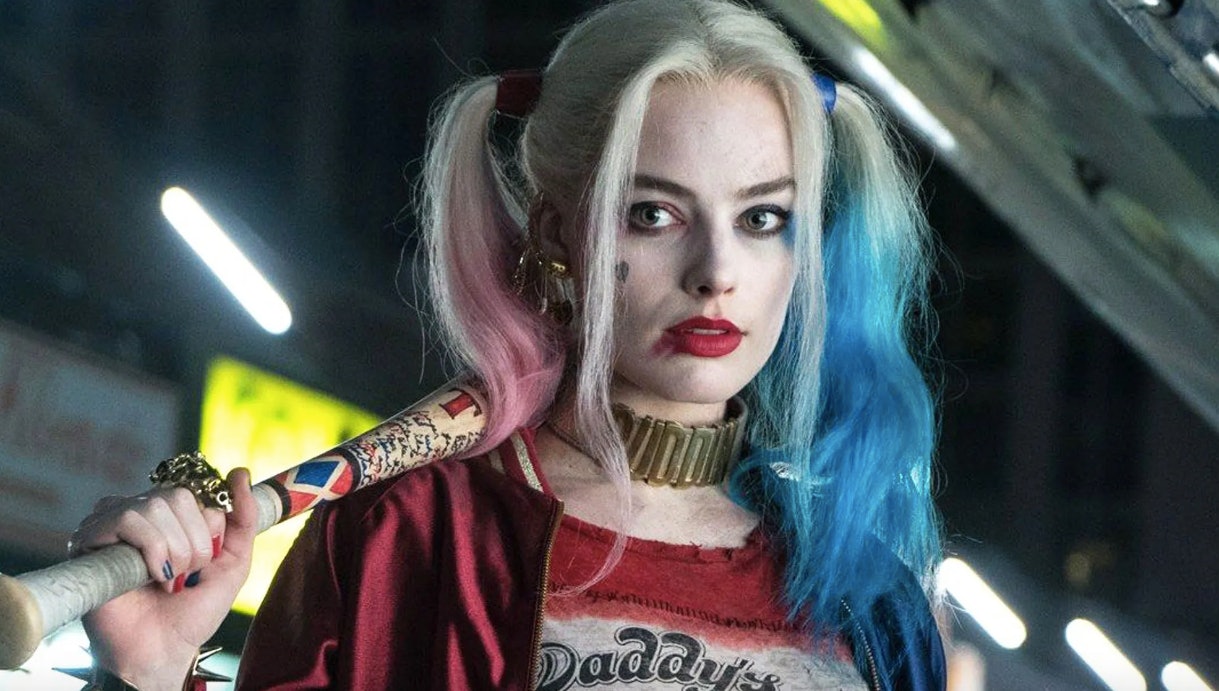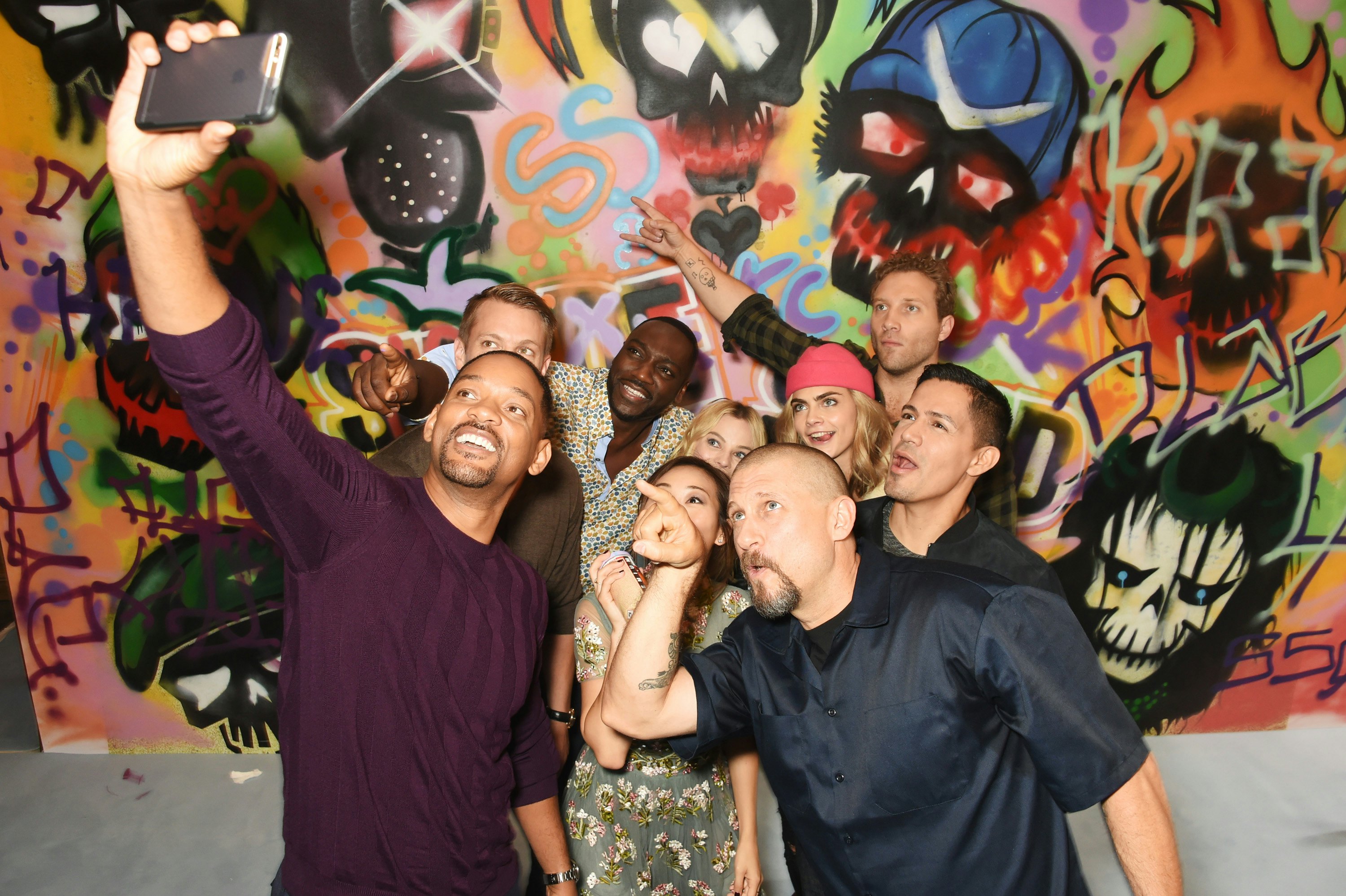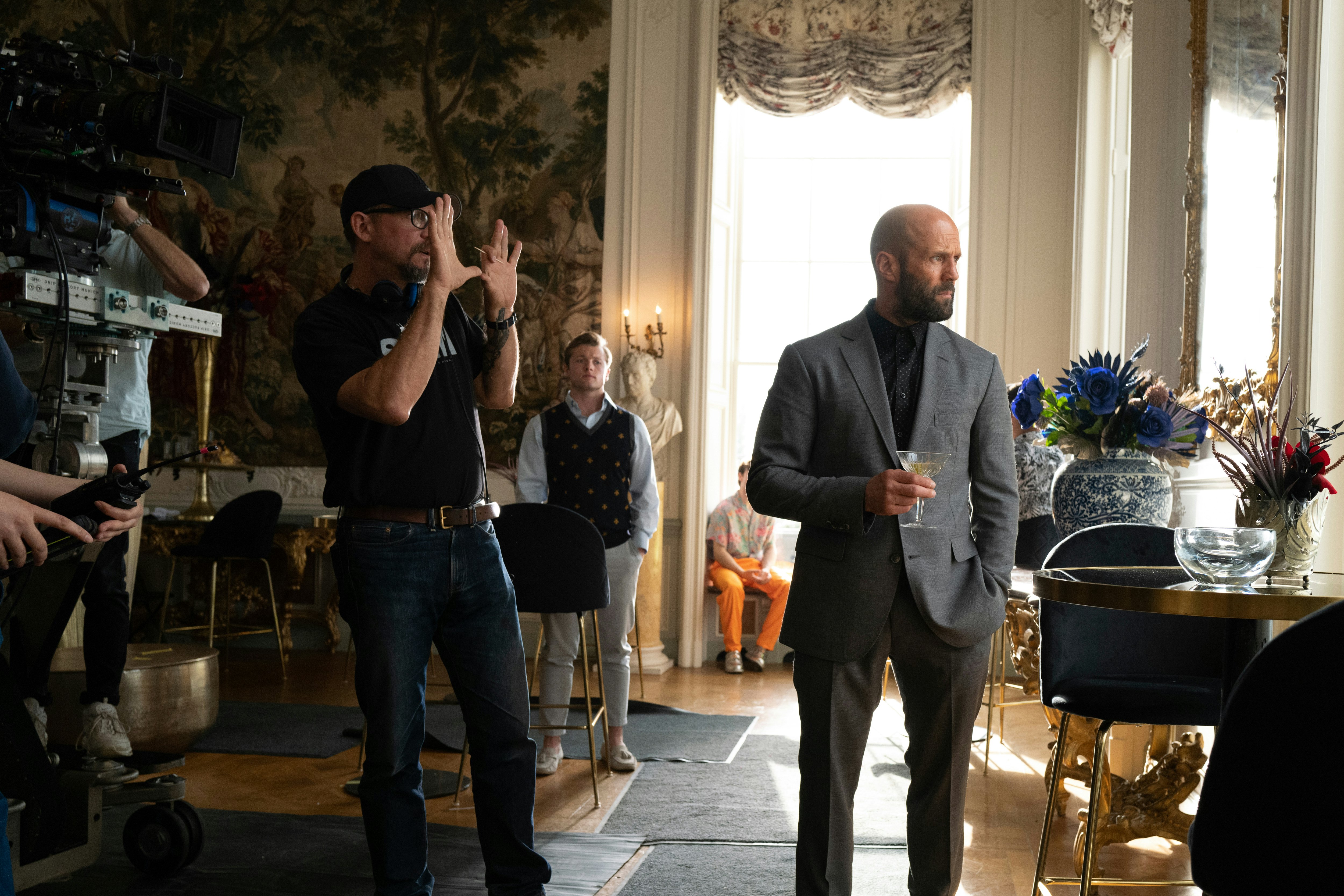
We’re about to experience the unthinkable: a year with no superhero movies. Well, almost. The year 2024 marks a bizarre turning point for Hollywood’s most bankable genre: DC and Marvel will each release just one major film in the next 12 months, though Sony’s also-ran Spider-verse is pumping out three movies that, at best, might produce a couple good memes.
It’s hard to say what the superhero movie landscape will look like a year from now. Will audiences be ravenous for DC and Marvel’s dueling cinematic universes? Or will this brief pause only confirm that “superhero fatigue” has officially set in? No one can say for sure, but one of the genre’s most divisive directors might have the answer.
“Look, I love the movies, I love the genre,” David Ayer tells Inverse. “But I think that there’s a little bit of fatigue in the execution.”

Ayer is best known as the writer and director of Suicide Squad, DC’s infamous 2016 supervillain team-up movie. With a penchant for gritty crime stories and a bit of a blindspot when it comes to comedy and camp, his other credits include writing the script for the Denzel Washington classic Training Day, directing the Will Smith flop Bright, and now, launching a potential new Jason Statham franchise in The Beekeeper, a frenzied action epic in the vein of John Wick.
Ayer still has plenty of thoughts on the superhero genre despite seemingly disavowing it entirely in various social media posts. He likens the superhero to another once-classic movie format that went from cultural domination to niche curiosity.
“It’s like the cowboy movie,” Ayer says. “America got tired of cowboy movies, which were the staple of Hollywood for decades.”

Whether the same thing happens to superheroes remains to be seen, but if 2024 winds up being the year that DC and Marvel gave up their hold on pop culture and never got it back, it will probably be because studio executives ignore David Ayer’s advice.
“It’s really about letting creatives be creative and letting different styles of movies come out,” he says. “There’s room for different iterations. They don’t all need to be these jokey ensembles without stakes. Having real stakes is important, and stakes come from people and heart and emotion — basic filmmaking.”
Then, summing up his thoughts — and perhaps his own well-documented gripes with the superhero movie industry — Ayer adds:
“I just think filmmakers need to be trusted a little bit more.”







